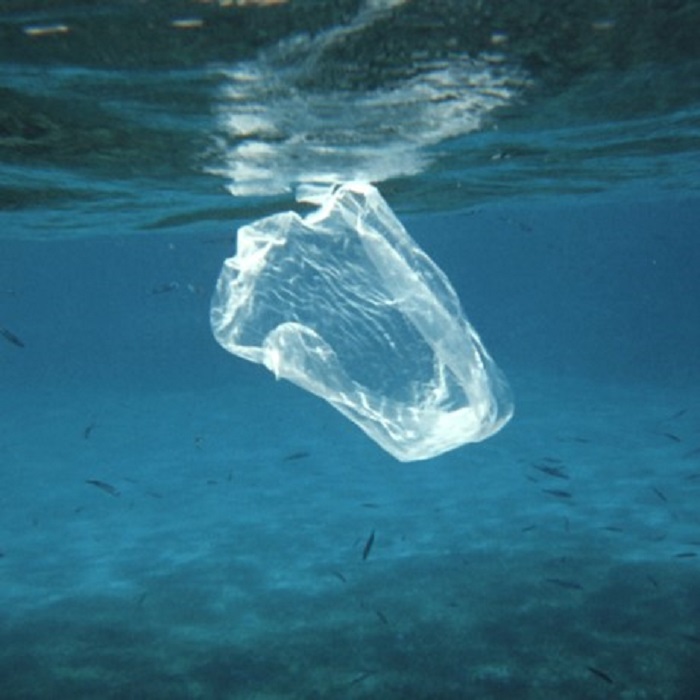Eating-plastic enzyme: a new discovery for the fight against marine pollution
In the last few years, the plastic pollution emergency has led scientists and researchers to find innovative and efficient solutions to increase the process of plastic waste disposal, as well as to seek new technologies to stop the expansion of the famous Plastic Island (GPGP) in the Pacific Ocean. Recently, a study conducted by an international research group – made of experts from the University of Portsmouth (UK), the Biotechnology and Biological Sciences Research Council (Kk) and the National Renewable Energy Laboratory (USA) – discovered, almost accidentally, an enzyme capable of digesting polyethylene terephthalate (PET). The discovery was made during a study to determine the structure of PETase – an enzyme capable of destroying PET- when researchers inadvertently engineered the enzyme into another better enzyme for the purpose. This could therefore be a useful tool for waste disposal and for cleaning up ocean waters. The team is now working on optimizing the structure of this enzyme and allowing it to be used on a large scale.
This post is also available in: Italian




